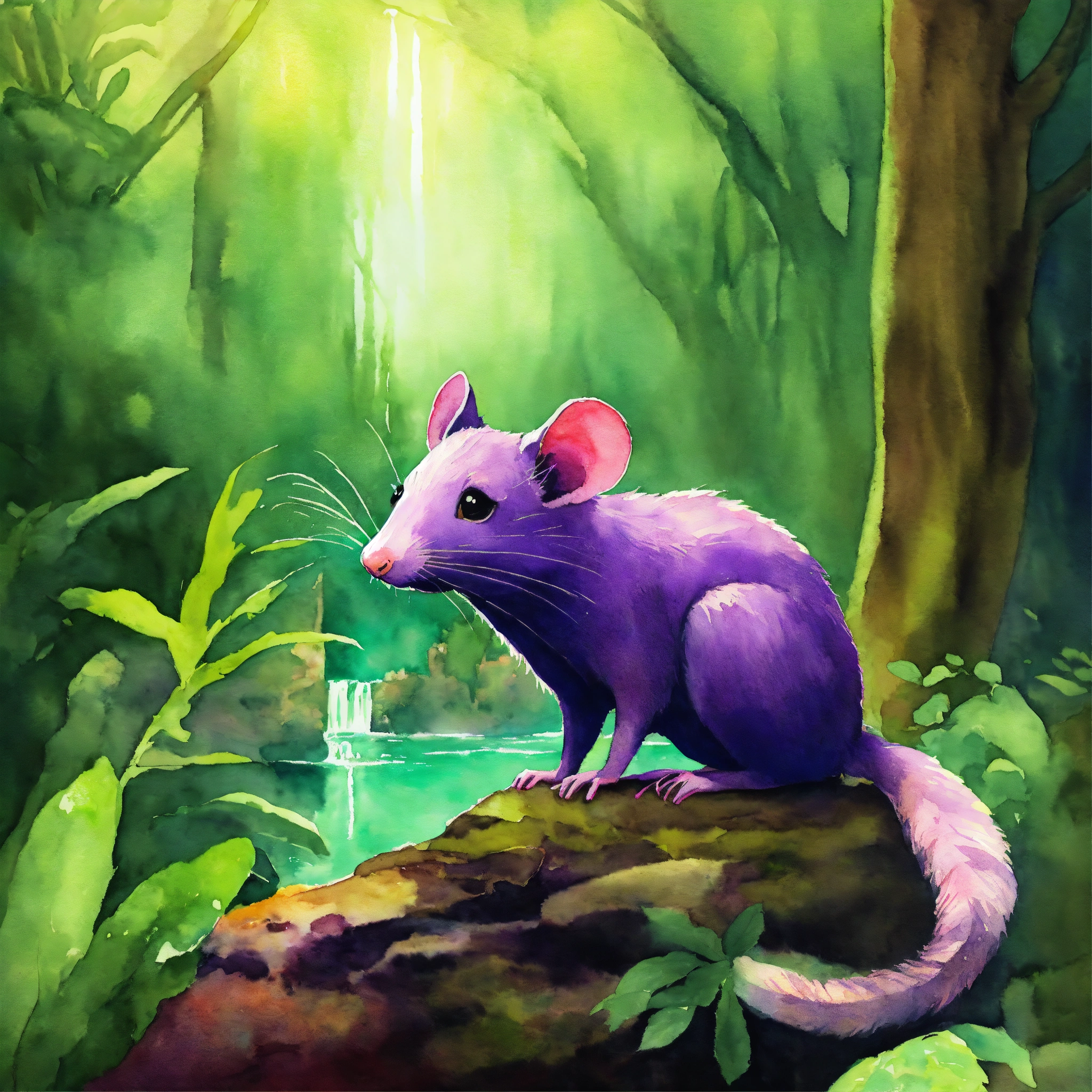Among the monthly campaigns for human health care, February was given the color Purple and was dedicated to raising awareness of neurodegenerative diseases such as Alzheimer’s, lupus and fibromyalgia. In the animal world, the month is also dedicated to the prevention of neurodegenerative diseases.
Neurodegenerative diseases are pathologies that have no cure and affect the central nervous system of pets, especially dogs and cats, causing problems such as memory loss, involuntary movements, seizures, sleep disorders, vocalization, chronic pain, among others.
The Purple February campaign aims to share information and available treatments, as well as the importance of early diagnosis for a better quality of life for your pet. Read the article to learn more.
Cognitive dysfunction syndrome
Also known as senile dementia in pets, Cognitive Dysfunction Syndrome is a condition that can affect older dogs and cats.
Is it possible to prevent neurodegenerative diseases in pets?
Although there is no magic formula or guarantee that your pet will not suffer from certain pathologies as they age, it is important to remember that prevention is always the best medicine.
Your pet’s health should be taken care of constantly. Some of these are:
- Provide adequate and balanced nutrition: choose a healthy and balanced diet for your pet, taking into account its age, size and daily nutritional needs.
- Maintain an exercise routine: exercise your pet regularly, whether it’s walking, running or even playing during the day.
- Control your pet’s weight: keep your animal at an ideal weight, avoiding obesity and associated health problems.
- Regular vet visits: Take your pet for regular checkups with a veterinarian. This is important for early diagnosis.
- Stimulate your pet’s mind: provide toys and activities that stimulate your pet’s cognitive function, such as intelligence games and training.
- Necessary socialization: Allow your pet to interact with others as well as people so that it can develop social skills and stay mentally active.
- Help control stress: avoid situations that may stress your pet, such as environments with very loud noise or sudden changes in their routine.
- Adequate rest: Make sure your pet has a comfortable and quiet place to rest. It is essential that your pet gets enough sleep and quality sleep.
Taking care of your pet’s health should be constant and carried out throughout its life, but it is especially important in old age, when the risk of neurological diseases and other health conditions increases.
With care and attention, it is possible to ensure a good quality of life for your pet in old age. By following these prevention tips, you can help ensure your pet’s well-being.
Pay attention to the signs
In addition to preventive measures to offer a better quality of life to your pet, observing its behavior and being aware of signs of characteristic neurological changes helps you take quick action.
With an early diagnosis, it is possible to start treatment as soon as possible, reducing the risk of complications and increasing quality of life and disease control.
The main signs you should look out for are:
- changes in behavior;
- disorientation ;
- difficulty recognizing family members;
- loss of interest in activities that were previously enjoyable;
- changes in sleep;
- lack of appetite;
- urinary and fecal incontinence.
Some diseases can be prevented with this treatment and thus prevent cognitive dysfunction syndrome. A disease that has no cure, but is controlled by clinical manifestation. It helps to minimize the side effects of diseases and provides a better quality of life for your pet.
If an elderly animal or animal at any other stage of life shows signs of neurological problems and is diagnosed with a neurodegenerative disease, it is important to seek treatment as soon as possible.
